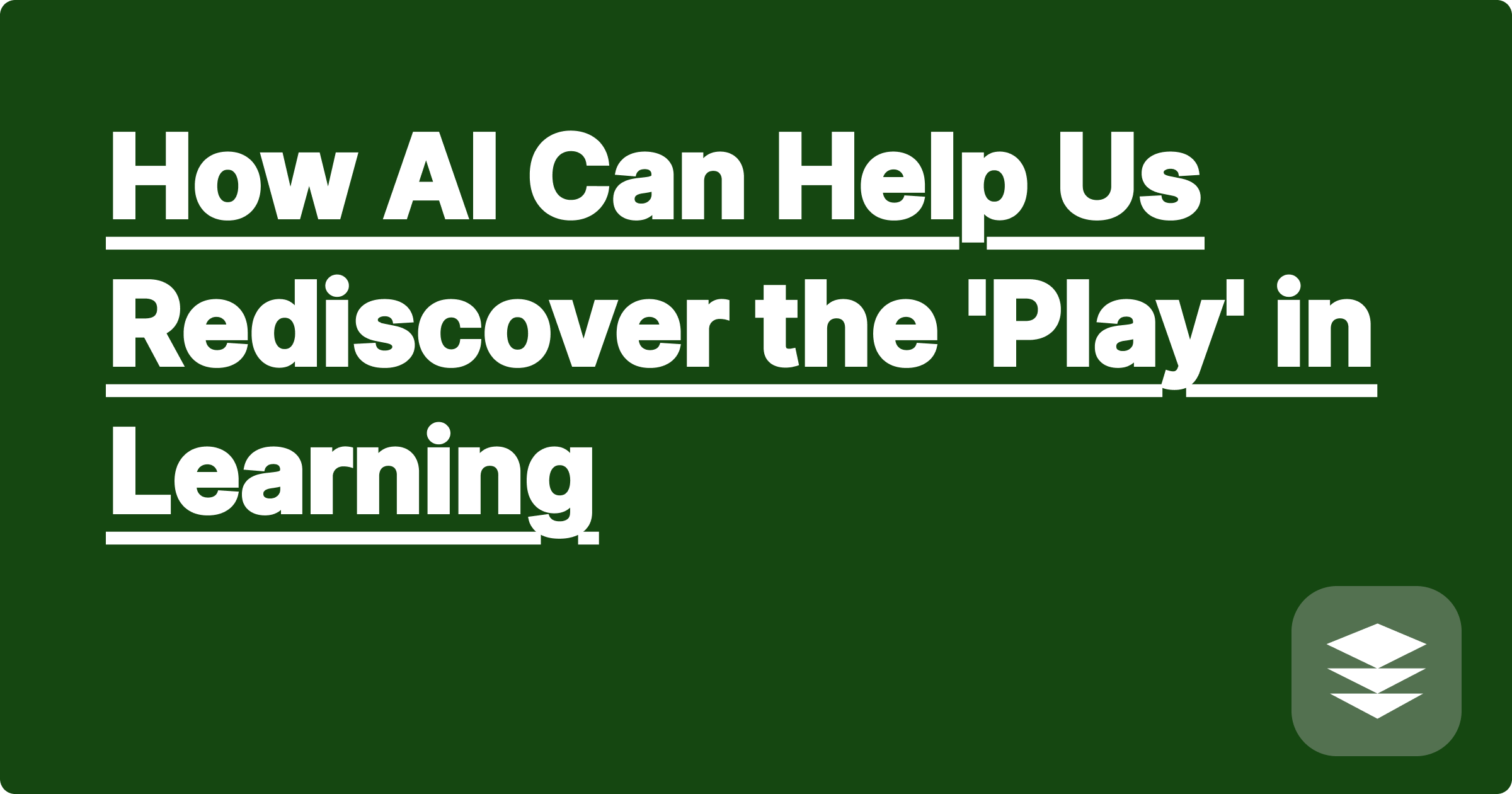
For too many students, studying has become a chore. It's a joyless grind of memorization, repetitive problem sets, and stressful deadlines. The natural human curiosity and the pure joy of discovery—the very things that drive great scientists and innovators—get crushed under the weight of academic busywork. But what if we could change that? What if we could automate the drudgery and bring back the "play"?
"Learning through play" is a concept usually associated with kindergarten, but its principles are deeply relevant to university education. It's about a state of mind where you are so engaged and curious that the line between "work" and "play" dissolves. It involves:
The biggest barrier to this state of play is the sheer volume of tedious, non-creative work required in modern schooling.
This is where an AI assistant like the GPAI Suite changes the game. It can act as your personal "chore robot," handling the boring, repetitive tasks that drain your mental energy and kill your curiosity.
By delegating the grunt work, you free up hours of time and, more importantly, a huge amount of mental energy. You can now "reinvest" this energy into activities that are genuinely fun and intellectually stimulating—the things that make studying feel like play.
[Image: A student looking happy and relaxed at their desk, using the GPAI interface to generate a creative mind map that connects concepts from music, math, and art. Alt-text: A student making studying fun and learning through play with an AI assistant.]
When you are no longer bogged down by the fear of tedious work, your natural curiosity can re-emerge. The goal of learning shifts from "I have to finish this problem set" to "I wonder what would happen if...". This shift is the key to rekindling a genuine passion for your field of study.
A: Not at all. Many of the greatest scientific breakthroughs in history have come from a sense of playful exploration. The state of "flow" that athletes and artists describe is a form of deep play, and it's also the state where our brains learn most effectively. AI helps remove the friction that prevents us from getting into that state.
A: Because intrinsically motivated learning is far more effective than forced learning. When you are genuinely curious and engaged, you retain information better and for longer. The knowledge "sticks" because you're not just memorizing it for a test; you're connecting it to your own interests and ideas.
The ultimate promise of AI in education isn't just about better grades or more free time. It's about fundamentally changing our relationship with learning itself. It's about automating the chores so we can get back to the joy, curiosity, and play that makes the pursuit of knowledge one of life's greatest adventures.
[Start making studying fun again. Let the GPAI Suite handle the boring parts. Sign up for 100 free credits.]
Is 'Knowing' Obsolete? The Future of Education in the Age of AI
How AI Can Help Us Rediscover the 'Play' in Learning
Your Personal 'Anti-Bias' Assistant: Using AI to Challenge Your Own Assumptions
The Ethics of 'Perfect' Submissions: A Conversation About the 'Humanizer'
Beyond STEM: How an AI Solver Can Help with Philosophy and Logic Proofs
The 'Forgetting Curve' is Now Optional: How AI Creates Your External Memory
Can an AI Have a 'Eureka!' Moment? Exploring a Model's Inner Workings
From Information Scarcity to Abundance: A New Skillset is Required
Just Trust Me, Bro': Why Showing Your Work (with AI) Builds Credibility